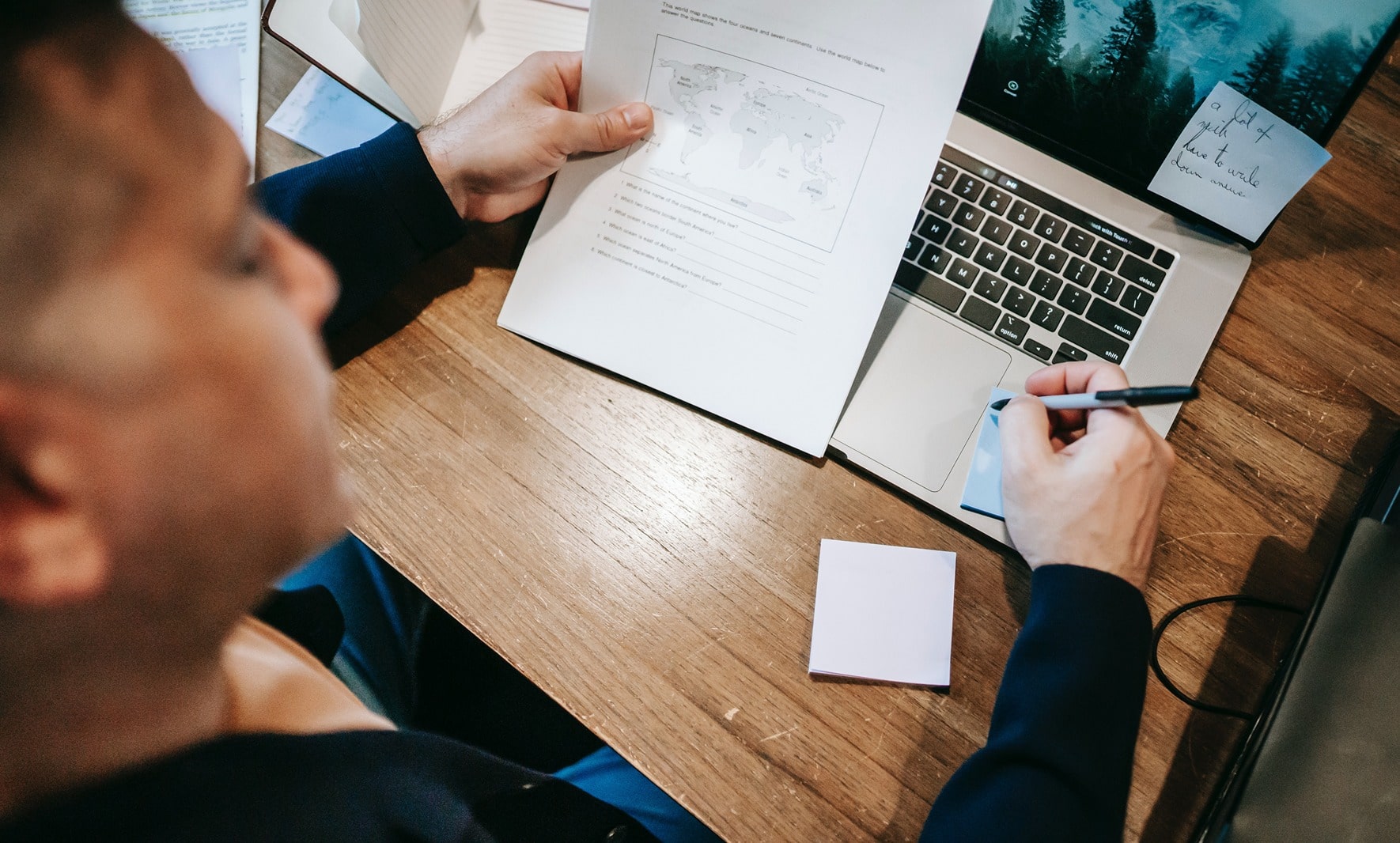Forex trading, also known as foreign exchange or currency trading, is the dynamic and global market where different currencies are bought and sold. It is one of the largest financial markets in the world with a daily average turnover of over $6 trillion. Forex trading can seem intimidating to beginners, but with some basic knowledge and understanding of the market, anyone can start trading.
Before diving into forex trading, it’s important to understand some key terms and concepts. The first thing to know is that currencies are always traded in pairs – for example, EUR/USD (euro/dollar) or GBP/JPY (British pound/Japanese yen). The value of a currency depends on its supply and demand in the market. Changes in economic conditions, political events, and other factors can significantly impact the value of a currency.
To start trading forex, you will need to open an account with a broker. It’s crucial to choose a reputable broker that offers competitive spreads (the difference between bid price and ask price), reliable trade execution, and good customer support. Do your research before selecting a broker as they will be your gateway to the Forex Brokers traders use two types of analysis – fundamental analysis which involves studying economic indicators such as GDP growth rate or employment data; and technical analysis which involves analyzing charts using various tools like moving averages or oscillators to identify patterns and trends in price movements. Learning about these forms of analysis will help you make informed decisions while trading.
A successful trader must have an effective strategy that suits their risk tolerance level and time frame for holding trades. Some traders may prefer short-term trades while others may prefer long-term investments based on their goals. Your strategy should also include risk management techniques such as setting stop-loss orders to minimize potential losses.
It’s tempting to jump into forex trading with a large amount of money, hoping for quick profits. However, it’s best to start small and gradually increase your investments as you gain experience. This will help you limit your losses in case of an unsuccessful trade.
The forex market is influenced by various factors and global events such as political changes, natural disasters, and economic reports. Keeping up with the latest news can give you an idea of potential opportunities or risks in the market. It’s essential to research and stay updated on current events that may impact currency values.
Many brokers offer demo accounts that allow traders to practice trading without risking real money. This is a great way for beginners to get familiar with the platform and test out their strategies before investing real funds.
In conclusion, forex trading can be both exciting and challenging for beginners. It requires dedication, patience, and continuous learning to become a successful trader. With the right knowledge, strategy, and mindset, anyone can enter the world of forex trading confidently!





